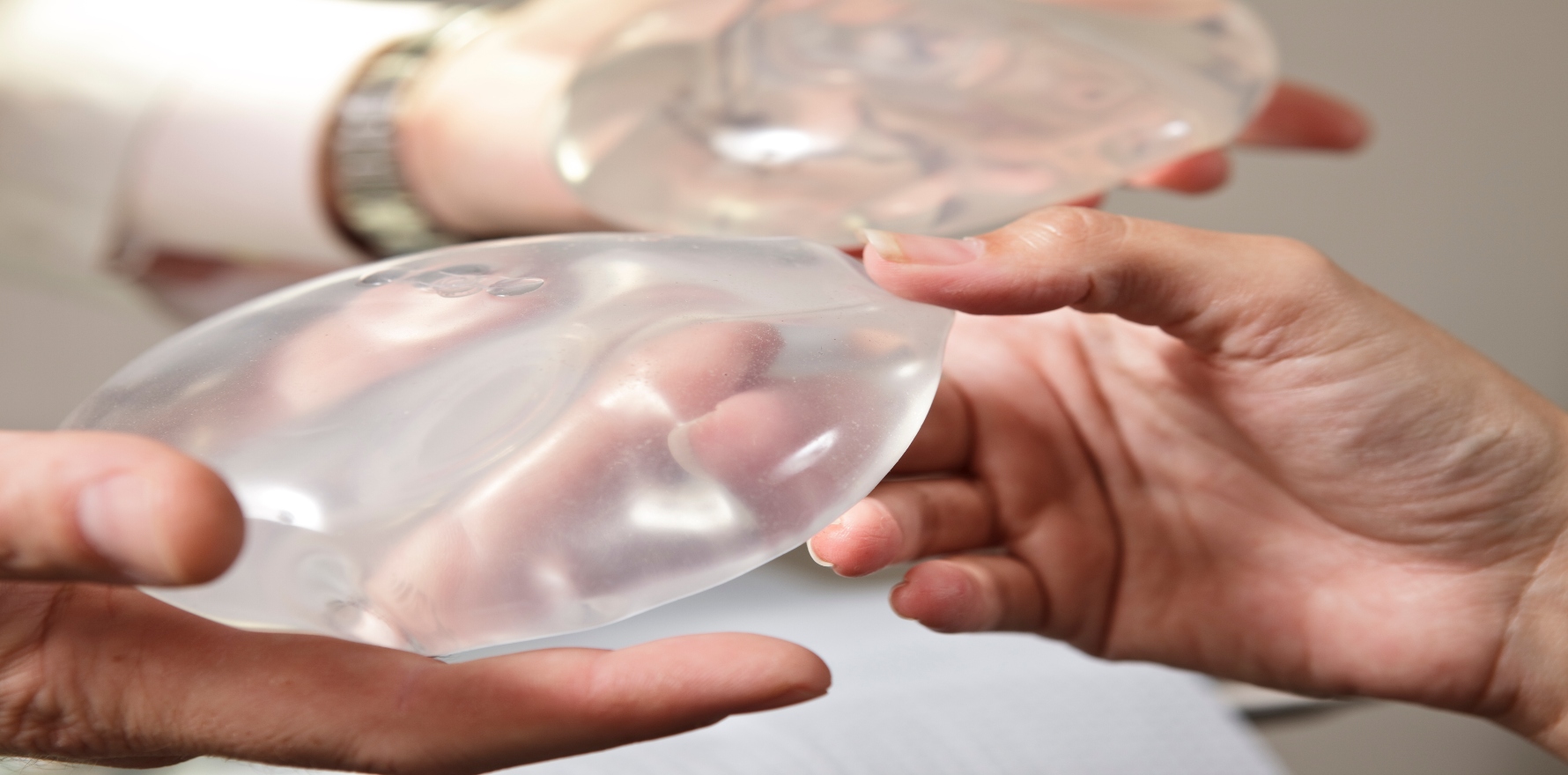The chances of developing cancer are small, says the TGA, but disease progression can be both unexpected and aggressive.
The TGA has urged patients with breast implants and their doctors to be alert to possible abnormalities, after reports of two aggressive forms of cancer were linked to the implant procedure.
The warning follows the US FDA reporting almost 50 cases globally, including up to 20 cases of squamous cell carcinoma (SCC) and almost 30 lymphomas.
The cancers, which form in the scar tissue or capsule surrounding breast implants, differ from breast implant-associated anaplastic large cell lymphoma (BIA-ALCL), which was announced as a potential health risk more than a decade ago.
“The risk of squamous cell carcinoma and other lymphomas occurring in the tissue around breast implants appears to be extremely rare,” the TGA alert said.
However, the regulator has called on women to routinely monitor their breast implants and to talk to their implant surgeon if they have any concerns. Common symptoms include pain, swelling, lumps or skin changes.
Cases have been reported in patients with both textured and smooth, as well as with saline and silicone implants.
The incidence rate and risk factors for SCC and several other lymphomas within the implant region are currently unknown.
“At this time, medical experts do not recommend breast implant removal in patients without symptoms or other abnormality,” the TGA said in its September 20 warning.
In 2014, a 58-year-old Sydney woman was diagnosed with SCC and underwent mastectomy and radiation therapy after presenting with pain in her left breast, The Sydney Morning Herald reported.
Associate Professor Anand Deva, head of plastic and reconstructive surgery at Macquarie University, told the SMH he was “certain more cases would be identified”.
“But they will not be easy to find because they are rare, and they may just be reported [to cancer registries] with no mention of the presence of an implant,” he said.
According to the SMH, the mortality rate for these rare cancers was almost 50% at six months after diagnosis because of their highly aggressive nature.
“Any woman with an implant needs to have regular checks every year,” Professor Deva said.
The TGA noted that “at this time, there is not enough information to say whether breast implants cause these cancers or if some implants pose higher risk than others”.
Approximately 1.6 million implants were inserted worldwide in 2020, while more than 200,000 women underwent removal surgery.
Implant-associated SCC can occur at any stage – potentially up to decades after the initial implant – highlighting the importance of consistent vigilance with self-assessment.
The average length of time between implant and diagnosis is just under 23 years, and the average age of affected individuals is 56.


